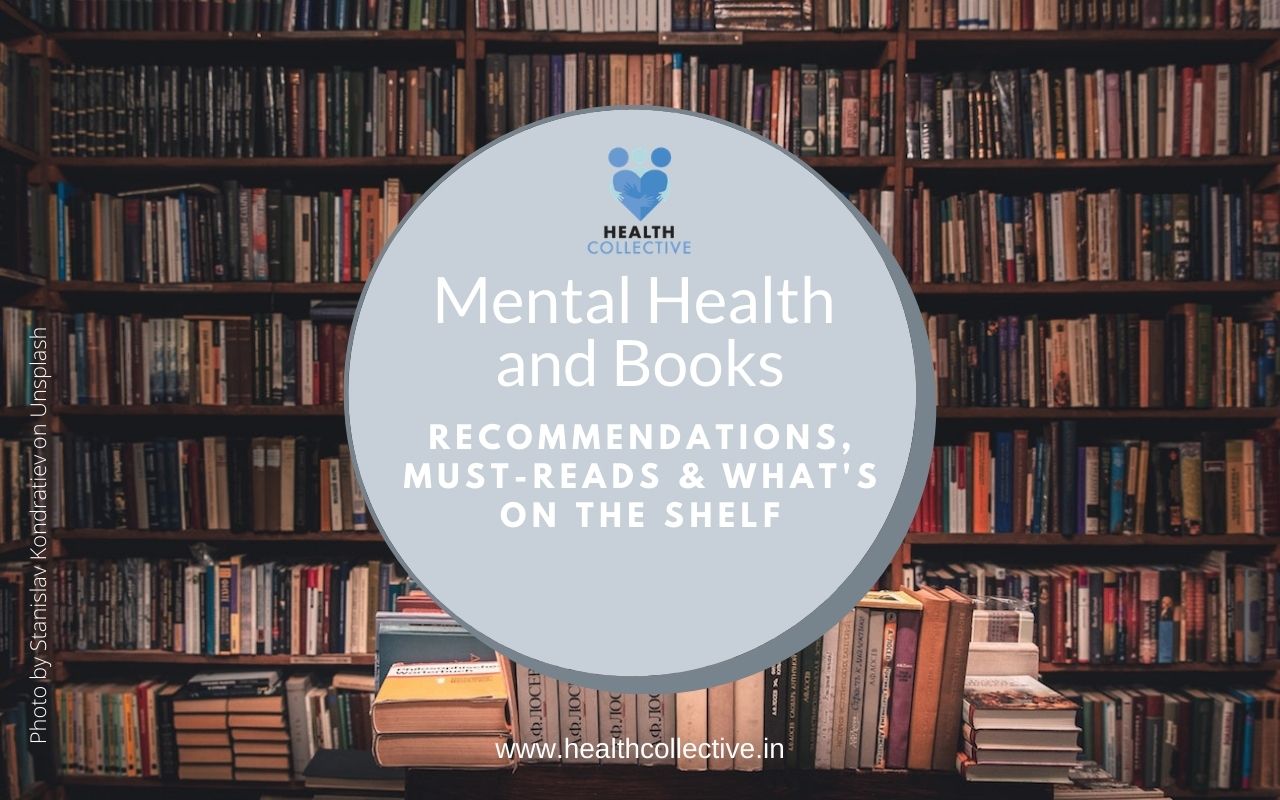From The Archives: Coping with Crisis
By Arpita Anand
A young woman in her early twenties, sat across me in my office a while ago telling me she had no will to go on. She saw no hope for the future and the thought of going through life was very painful. Her solution to end this pain was to end her life. She sat in a chillingly composed manner but as I gently probed she broke down and shared that her boyfriend of two years had decided to end the relationship leaving her devastated. But fortunately, she had a moment of clarity in the midst of all the devastation that led her to my office in the hope that she can get help. She put her ‘plan to end her life on hold’ and came to see me. We worked together to help her through this crisis.
But the reality is usually more disturbing. Many young people do not get the necessary help in time and take the drastic step of ending their lives. The triggers are usually events like failure in an exam, end of a relationship, inability to get the coveted job, which are in fact common experiences amongst the youth. It is a part of growing up and one may argue that most people cope effectively with these experiences and move on to having full and successful lives. Well, what it is then, that leads some people to commit suicide in response to these events? There is no simple answer but there is definitely more, much more than comes to light.
If one explores and looks into the lives of these young people there are unresolved issues, further compounded by negative thought processes and low self-esteem. The young woman I was referring to earlier came from a family where she had missed the feeling of security during her growing up years. Her parents had a difficult relationship and she was always fearful that they might separate. This led her to seek out relationships outside of her home from a young age that she could depend on. Her relationship with her boyfriend became one such anchor in her life and when that ended it triggered multiple negative thoughts. She felt abandoned and thought that she was not good enough for him. Feelings of worthlessness overwhelmed her. She felt helpless like she had when she was a child and her parents fought. She did not believe she could do anything to feel better and her insecurities re-surfaced.
Mixed negative emotions in response to difficult situations are to be expected but with the use of healthy coping skills these may be processed and dealt with effectively. People who end their lives usually fail to use these skills. One crucial skill is to communicate. Talking to someone who cares and can be trusted goes a long way in helping people come to terms with their emotions. It also offers them an opportunity to see an objective perspective. This process may be coupled with problem solving skills that help explore ways of dealing with the crisis.
The young woman I worked with, spent several sessions sharing her thoughts and feelings in a non-judgemental space that allowed her to seek validation for her experience. Yes, it is tough to lose someone you care about, but it is possible to move on. ‘I can cope’ ‘I can look forward to another relationship’ ‘I can be happy again’ are the thoughts she began believing in. These thoughts made her feel hopeful about the future and this hope allowed to her to recognise the irrationality of her thoughts regarding suicide. She worked hard to get to this point but once she did, she developed a sense of control that gave her the confidence to deal not only with this situation but also to cope with possible disappointments in the future.
In some cases though, there may be a need for further intervention. Suicidal thoughts are often symptomatic of Clinical Depression. It is important to remember, that depression is an illness like any other, and needs treatment. In addition to support provided by friends and family, professional intervention is critical and usually involves a combination of medication and counselling.
A crisis need not be the end. In fact, it can be the beginning of developing the right coping skills and understanding one’s own strengths.
Lives are precious… they need to be lived.
Keep your comments coming in right here on ibnlive.com or write to health@ibnlive.com. Arpita Anand is a psychologist with more than a decade of experience. She can be reached at arpita.psych@gmail.com
This post first appeared here on ibnlive.com (now news18.com) and has been re-published with permission.





Pingback: The Law and You: Mental Healthcare in Educational Institutions